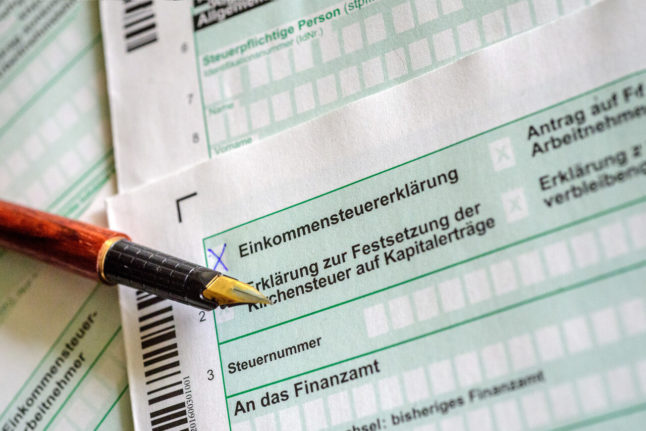Wolfgang Schäuble told the Süddeutsche Zeitung daily newspaper that in the light of recent offshore tax evasion revelations, the German government needed more enforcement capability to pursue scofflaws. The FBI refers to the US Federal Bureau of Investigation.
If the 16 separate German states wanted “the federal tax office to have more power to combat tax dodging, then that would clearly be a welcomed step,” he Christian Democratic politician said.
He added that it must be clear giving more authority to the central government alone would not be enough – states had to act more in cooperation with each other.
“The core of the problem is that fact that states let different tax evasion strategies play off against each other,” he told the paper. Not, he added, a lack of cohesion between federal government and states.
The idea of tightening the ropes on tax dodgers is not new, as Finance Ministry official Steffen Kampeter told state broadcaster ARD last week that “Germany needs an FBI to combat international tax fraud.”
The Local/jcw



 Please whitelist us to continue reading.
Please whitelist us to continue reading.
Member comments